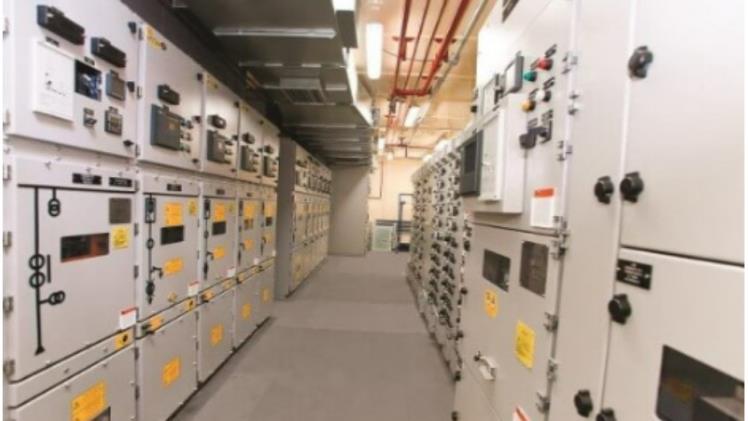Today’s electronic equipment is meticulously designed to enhance efficiency and user experience. Merely adhering to industry-specific safety margins is insufficient to stay competitive in the current market. Engineering firms aim to create flawless designs to prevent failures in the field.
Electrical design encompasses various failure patterns, with common occurrences like voltage surges requiring testing and redesigning to forestall field failures. Numerous factors influence power supply reliability, and the following are key contributors with significant impacts on service reliability.
-
Complexity of Components
As components become more complex, the risk of failure increases. Our specifications are streamlined to enhance reliability and efficiency.
-
Operational Stress
Electronic equipment is exposed to diverse stresses, including voltage fluctuations, temperature variations, and occasional surges in current. It is crucial to assess the impact of these stresses on components. Our products undergo regular reliability testing, and we implement new stress tests to ensure their resilience and efficient cooling, even under demanding conditions.
-
Generic Components
Using generic components results in generic reliability. Improved connections, albeit more costly, contribute to enhanced reliability and a more durable product. Opting for these components often yields professional results, allowing us to select components that enhance accuracy and control reliability.
Collaborating with our team can help you trim operating costs and gain a competitive edge in the market.
For nearly half a century, Swartz Engineering has been at the forefront of industry safety. They are a family-owned company specializing in power distribution for the electrical industry. They are the leading manufacturer of Electrical Supply House. Our design ensures maximum flexibility for excellent reliability and a high return on investment.

